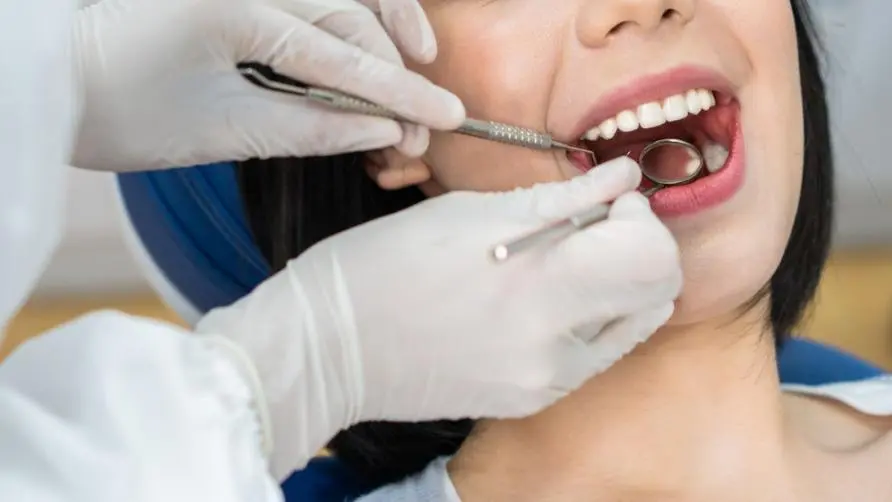Brush your teeth well! Korean study: Under 51 years old, the risk of oral problems "diabetes" increases by 14%

Is daily oral hygiene closely related to preventing the occurrence of diabetes? In the past, academic circles have believed that patients with periodontal disease and poor oral hygiene may have a higher chance of developing bacteremia and systemic inflammation. Hyperglycemia is also a high-risk group for bacterial infection and chronic inflammation. Recent Korean research has confirmed that an increase in periodontal disease or the number of missing teeth may indeed increase the risk of diabetes.
Can oral health prevent the onset of diabetes? Brushing teeth three times a day reduces risk by 8%
A joint research team from South Korea’s Ewha Womans University and Seoul Catholic University St. Mary’s Hospital used South Korea’s “National Health Insurance System” (NHIS) to collect medical care data of 50 million people for random sampling, and finally captured 514,866 subjects. person’s information. The research team assessed their height, weight, lifestyle, oral health status and oral hygiene behaviors in an attempt to find out the correlation between oral hygiene and diabetes.
Preliminary research found that about one in six subjects (17.5%) had periodontal disease and 31,545 subjects (16%) had diabetes. After using computer modeling and adjusting for variables such as demographic data, physical activity, smoking and drinking, it was found that periodontal disease and the number of missing teeth (more than 15 teeth) increased the risk of diabetes by 9% and 21% respectively; those who brushed their teeth more than 3 times a day, is associated with an 8% lower risk of developing diabetes.
Further analysis showed that for middle-aged people under 51 years old, those who brushed their teeth more than twice a day had a 14% lower risk of developing diabetes compared with those who brushed their teeth only once a day or not at all. , there is no difference in the risk of diabetes between those who brush their teeth twice a day and those who brush their teeth once a day or do not brush their teeth; but those who brush their teeth more than three times a day have a 7% lower risk of diabetes.
Periodontal disease, missing teeth are related to the occurrence of diabetes! Study finds brushing teeth more beneficial for women
The study also found that periodontal disease seems to have a stronger impact on younger people: periodontal disease in young people is associated with a 14% increase in the risk of diabetes; in older people, the risk increases by 6%. For adults aged 51 and under, missing 1-7 teeth increases the risk of diabetes by 16%, while for adults over 52, missing 15 or more teeth increases the risk of diabetes by 34%.
Additionally, there are differences between men and women. There is a stronger association between increased tooth brushing and a lower risk of diabetes in women. For women, brushing your teeth more than three times a day, or brushing your teeth twice a day, reduces the risk of diabetes by 15% and 8% respectively. But for men, brushing their teeth more than three times a day only reduces the risk of diabetes by 5%.
Although this study does not reveal the exact mechanism linking oral hygiene to the development of diabetes, oral diseases such as tooth decay and periodontal disease tend to lead to chronic and systemic inflammation and increase the production of inflammatory biomarkers, the study authors said. The condition is linked to insulin resistance and the development of diabetes, as previous research has shown. The authors believe that regular brushing may reduce the risk of new-onset diabetes, while the presence of periodontal disease and an increased number of missing teeth may increase the risk of diabetes. Overall, improved oral hygiene may be associated with a lower risk of new-onset diabetes.
Source:
Further reading:





